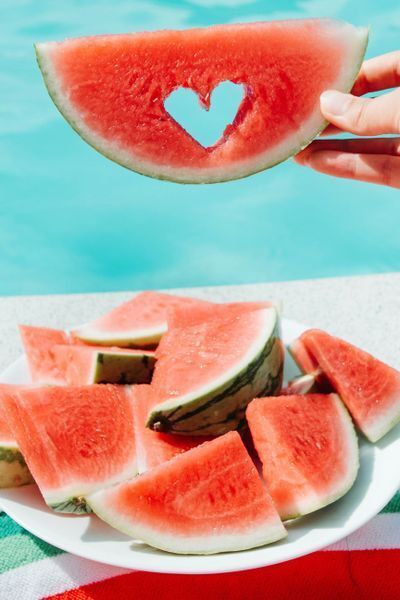
Vacations to the beach, cruises to islands in the Caribbean, barbequing outdoors, sunbathing on the deck. What do these activities have in common? These activities and more are what people tend to do during the summer months. While these may be fun activities, practicing safety during the events is a necessary companion. That is why we created this list of things to do for children and families to practice ‘Summer Safety’ this year.
Fireworks, if mishandled, can cause life-altering injuries such as permanent scars and missing limbs. This is precisely why the purchase of fireworks is prohibited in many states. It's best to leave the fireworks to the professionals to ensure a safe summer.
Insect bites can pose serious health risks, with mosquitoes and spiders being carriers of potentially life-threatening viruses like West Nile and Zika. To protect yourself and your family, it's important to wear long clothing, use insect repellants with Deet, and eliminate standing water. If possible, stay indoors and use air-conditioning to reduce the risk of insect bites further.
Swimming & Water Sports are fun, provided water safety has already been considered. Do all people near the water know how to swim? If not, swimming lessons may be in order, especially for small children. Don’t drink and swim. Don’t swim alone. Remember to use a life vest even if you know how to swim when in a boat or doing water sports like jet skiing. The best practice is only to swim where a lifeguard is present. Remember to use your sunscreen whenever you are spending time in the sun.
Stay Hydrated! The best way to avoid injuries from being in the heat is to drink plenty of water or other hydrating drinks. Alcoholic drinks are not hydrating. Alcoholic drinks have the opposite effect on the body. They are dehydrating. That is why drinking one glass of water for every drink is important. You may avoid heat- strokes and exhaustion by staying hydrated and taking extra breaks when working outside. Learn more about heat-related conditions and what to do for relief at CDC’s site. https://www.cdc.gov/extreme-heat/signs-symptoms/index.html
BBQ Safety! Use your grill away from combustible items, including next to your house. Combustible items include your deck, a tent, or an enclosed area like a storage building. Keep children away from the grilling area. Use long-handled utensils made for grilling. Never put lighter fluid on hot coals. Keep a fire extinguisher in the area in case you need to put out an unintentional fire around the grill. Turning off a gas grill and closing the cover will extinguish a fire. Using a water hose to put out a fire on a charcoal grill should work. This will also work if you have a charcoal grill with a lid.
Remember, Your Pets Get Hot, too! Never leave a pet in a closed vehicle. Avoid walking your dog in the heat of the summer without shoes. Their feet can easily burn just like yours can. Consider using a hose with cold water if your dog is panting uncontrollably. The dog may be experiencing heat exhaustion or heat stroke. Once you cool the dog down, take him to the veterinarian to rule out any damage from a heat-related injury. Learn more about heat-related illnesses in pets at Preventative Vet: https://www.preventivevet.com/pets/how-to-treat-heatstroke-heat-exhaustion-in-dogs-and-cats
Do you know CPR, Basic Life Support, First-Aid, and how to save someone in danger in the water? Your local Red Cross trains in CPR, Water Safety, Swimming, Lifeguarding, and First Aid. You may also check with your local YMCA, hospitals, and Parks & Recreation Department to register for their classes. The life you save may be your own.
At Operation Xcel, we care about every family connected to our organization, as well as those who are not yet connected. We want everyone to have a fun, memorable, and, above all, safe summer. We hope that these summer safety tips will help all families. We look forward to hearing the stories from the students and parents at the summer camps and when they return to the afterschool program in the Fall.

